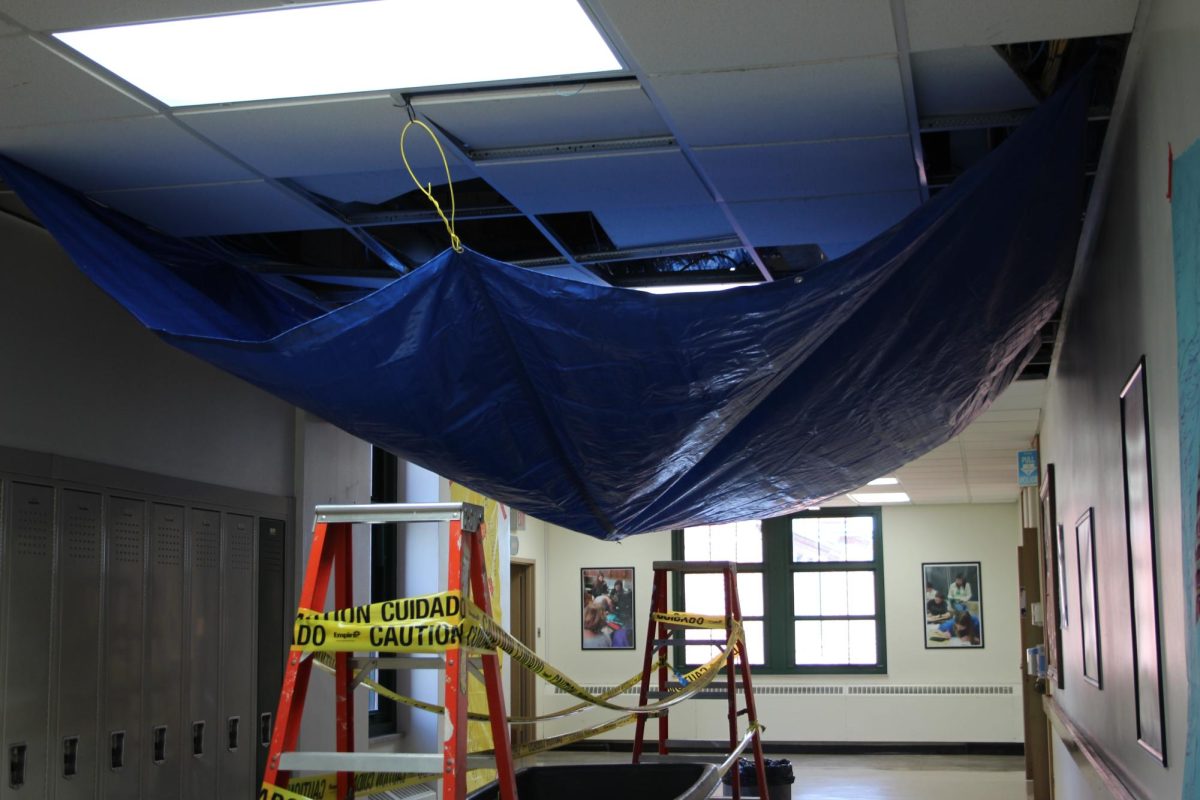Phones and other technology can be helpful tools for communication and research but also cause barriers to learning and interactions with other students in the classroom. Since cell phones have become an item that most LT students own, student interaction has greatly decreased, history teacher Kathryn Pieper said.
“When there’s five minutes left of class, most people gravitate towards their phones,” Spanish teacher Lisa Plichta said. “It used to be so loud after wrapping up the lesson, and I’d have to tell everyone to keep it down.”
It seems that students now fear starting conversations with classmates. People seem to gravitate toward scrolling through their social media feeds or playing games instead of talking with others, Plichta said.
“We are super isolated in our bubble and aren’t able to bust out of that very easily,” Plichta said.
Plichta has implemented a system that encourages student engagement and interaction. At the start of each class, Plichta walks around with a basket and suggests that students place their phone inside.
“I like how she suggests that we give our phones to her for the class period but doesn’t force it,” Kate McCarthy ‘25 said. “It allows students to make their own decisions but also encourages them to remove distractions.”
The addiction people have to their phones may have a lot to do with social media, Plichta said. Everyone is just constantly scrolling.
“I feel more and more [students] are drawn to their social media accounts and checking to see what their friends posted, if they snapped them back, or continuing their streaks,” Pieper said.
When students are given assignments on paper rather than on a computer, they tend to interact a lot more, Pieper said. Sometimes, when they are given assignments on Google Docs, there is no communication at all.
“I even have realized that phones are not just a problem for young people, but that adults also have to contend with their own distractions and isolation related to screens,” Plichta said.
Interactions don’t seem to happen as naturally anymore, Plichta said. Everyone is just so used to being in their own little world on their cell phones.
“I think it’s important to find a way to help people break this addiction, although it’s not easy,” Plichta said. “It’s so important that we are talking face-to-face with one another.”





















![Movie poster for '[Rec]" (2007).](https://www.lionnewspaper.com/wp-content/uploads/2023/04/rec-640x900.jpg)



